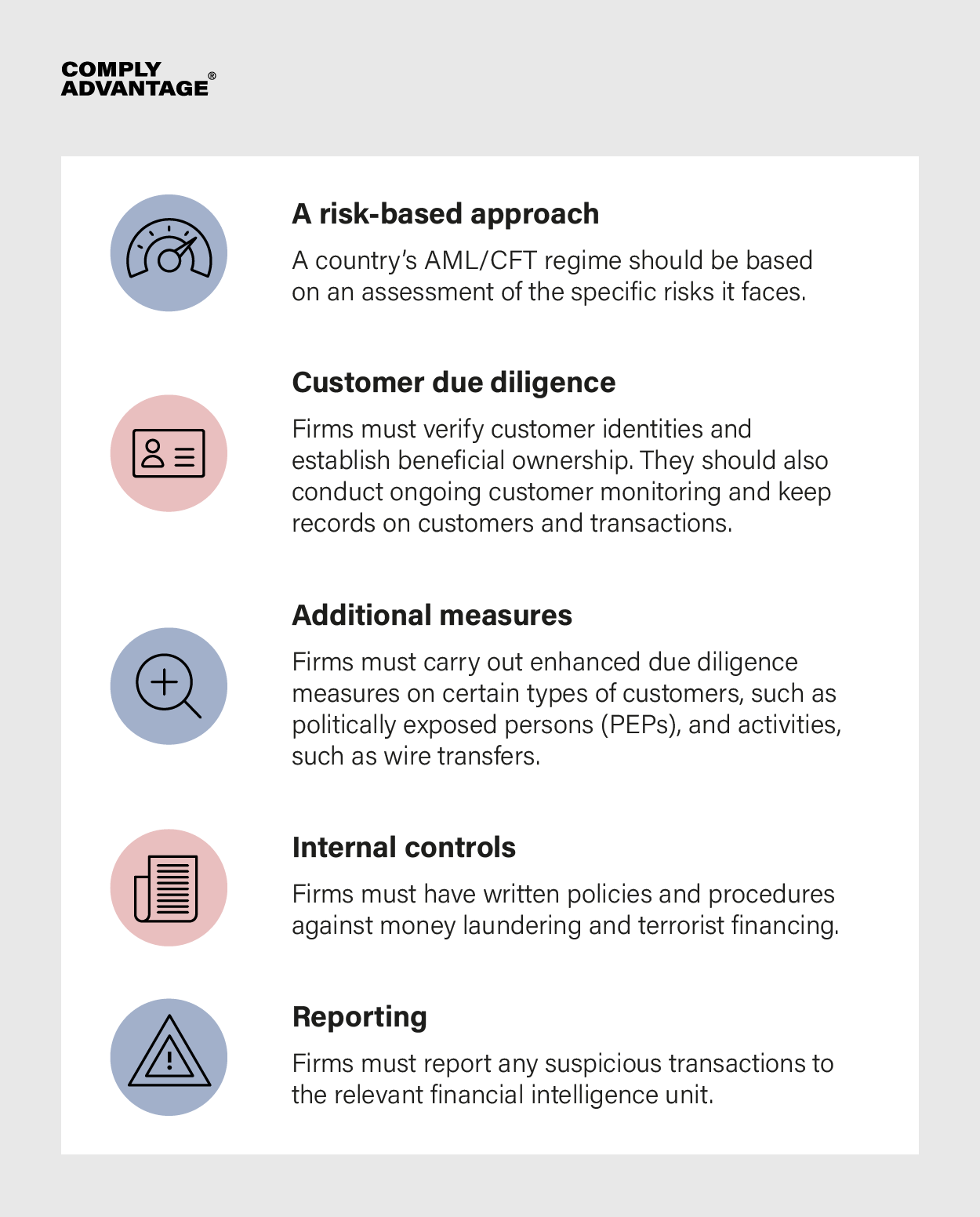
The State of Financial Crime 2025
Read our fifth annual state-of-the-industry report, built around a global survey of 600 senior compliance decision-makers.
Download your copyAn eWallet, or digital wallet, is a software-based system that holds users’ payment information and can be used to pay for goods and services, either online or in person with a mobile device.
The global use of eWallets has grown rapidly, with offerings from established financial and technology brands alongside newer startups. According to some estimates, eWallets will account for 50 percent of e-commerce transaction value in 2025, up from 40 percent in 2021, while 60 percent of the world’s population will be using some form of digital wallet by 2026.
While eWallets’ speed and convenience give them obvious consumer appeal, they can also be exploited for criminal use without effective anti-money laundering and countering the financing of terrorism (AML/CFT) controls in place.
eWallets are often used for high transaction volumes, and providers are expected to offer instant payments. These features make them vulnerable from an AML/CFT perspective.
Money launderers can use eWallets to make payments to and from multiple accounts in a short period of time, creating increasingly complex transaction chains and making it harder to trace the source of the laundered funds. This extends to cross-border transactions: while digital wallets can make it easier to send money internationally, this risks regulatory arbitrage, where criminals exploit jurisdictional differences in regulation to evade detection.
This means eWallets offer new channels for established money laundering typologies, such as:
Like all payment firms and other financial institutions (FIs), eWallet service providers are subject to comprehensive AML regulations. The details of these vary according to jurisdiction, and you should consult your local regulatory obligations, but key examples globally include:
These regulatory regimes, and most others, derive largely from the Financial Action Task Force’s (FATF) International Standards on Combating Money Laundering and the Financing of Terrorism & Proliferation, or ‘40 Recommendations’. These set international expectations for AML controls and revolve around a set of essential principles:

There are also regulations in force specifically for the payments sector. These cover all operational requirements, not just AML, but typically spell out conditions around internal controls like CDD, payment screening, and transaction monitoring. Examples include:
Given that non-compliance with these regulations can result in significant fines or other enforcement actions, as well as reputational damage, you should make sure your firm has procedures in place to deal with any AML threats you face.
Read our fifth annual state-of-the-industry report, built around a global survey of 600 senior compliance decision-makers. 
The State of Financial Crime 2025
In 2023, a European Banking Authority (EBA) report found that many payments firms’ AML controls were not proportionate to the inherently high levels of risk they face. If you work in a smaller or newer firm, investing strategically in solutions with machine learning (ML) capabilities can be a highly efficient way to match larger businesses’ longer-standing and resource-intensive compliance infrastructures. In particular, when implementing your compliance program, you should:
“If your firm is operating in or exposed to crypto, you should take its potential for exploitation seriously. Given its growing ubiquity in certain aspects of economic and financial crime, your team can not simply shrug off the risks as an overreaction of regulators or the mainstream financial system. You, therefore, need to deploy appropriate AML/CFT measures – robust due diligence, monitoring, and screening – to protect not only your businesses but also the longterm reputation and credibility of the sector. Crypto has much to offer, and this should not be sacrificed out of an unwillingness to take appropriate precautionary measures.”
Iain Armstrong, Regulatory Affairs Practice Lead, ComplyAdvantage
Using ComplyAdvantage Mesh for your AML screening and monitoring needs, you can protect your firm and improve regulatory compliance while retaining the smooth customer experience central to digital wallets. Specifically, ComplyAdvantage can empower your compliance analysts with:
Protect your business with risk-based, real-time AML screening and monitoring solutions from ComplyAdvantage.
Get a demoOriginally published 17 July 2020, updated 10 February 2025
Disclaimer: This is for general information only. The information presented does not constitute legal advice. ComplyAdvantage accepts no responsibility for any information contained herein and disclaims and excludes any liability in respect of the contents or for action taken based on this information.
Copyright © 2025 IVXS UK Limited (trading as ComplyAdvantage).